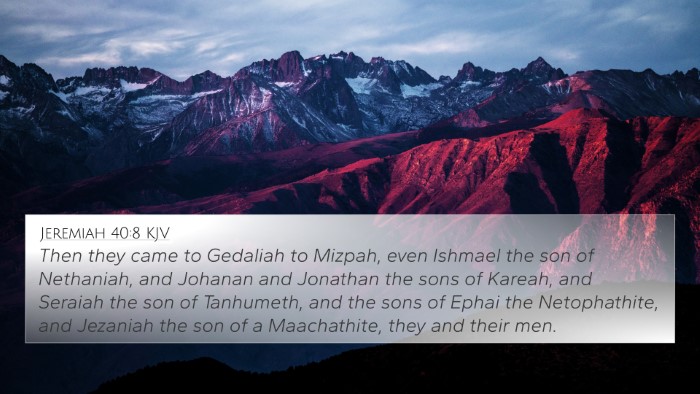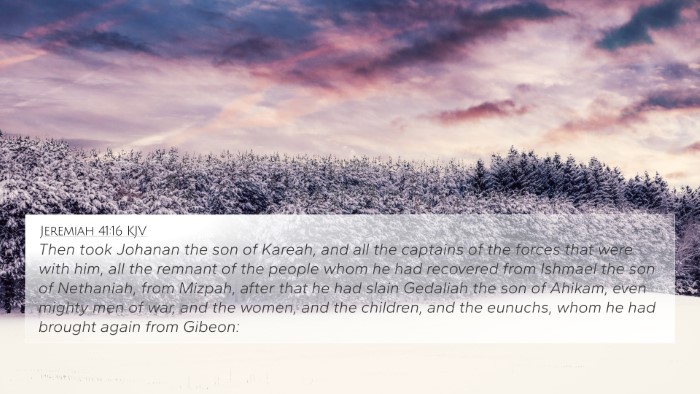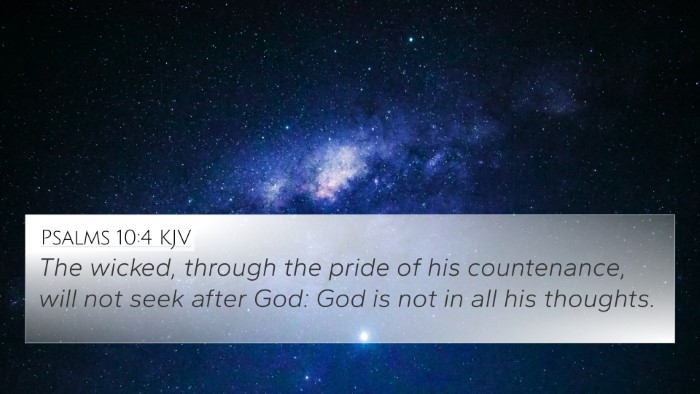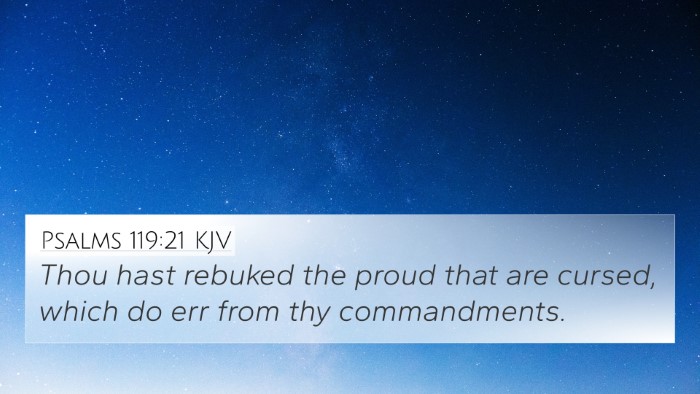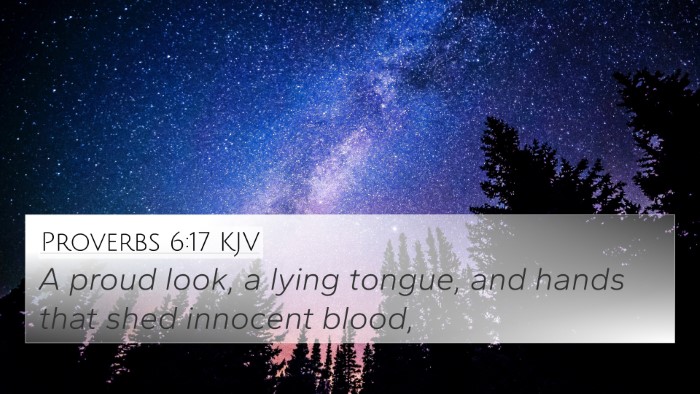Understanding Jeremiah 43:2
In Jeremiah 43:2, we encounter a critical moment in the narrative of the prophet Jeremiah, who speaks to the people of Judah regarding their disobedience and the consequences of their actions. This verse illustrates a significant disconnection between God's message and the people's response, highlighting themes of rebellion, divine guidance, and the dangers of rejecting prophetic counsel.
Verse Context
Jeremiah 43:2 reads: "Then spake Azariah the son of Hoshaiah, and Johanan the son of Kareah, and all the proud men, saying unto Jeremiah, Thou speakest falsley: the LORD our God hath not sent thee to say, Go not into Egypt to sojourn there:" (KJV). This emphasizes the opposition Jeremiah faced from those who misinterpreted God's will.
Commentary Insights
Matthew Henry's Commentary
Henry emphasizes the boldness of the leaders in confronting Jeremiah, reflecting their pride and unwillingness to heed God's warning. He highlights that these leaders believed their own thoughts over divine instruction, showcasing a common struggle among the people of God throughout scripture - the tension between human reasoning and divine revelation.
Albert Barnes' Notes
Barnes discusses how Azariah and Johanan's response represents the rejection of God's clear direction through His prophet. He notes the importance of true prophecy and the danger of following misleading leaders. Barnes underscores that this moment is pivotal for understanding the consequences of rejecting God's voice, particularly as it pertains to decisions about safety and security in times of crisis.
Adam Clarke's Commentary
Clarke offers insights into the specific roles these leaders play, detailing how their assertion challenges Jeremiah's authority and undermines the message of God. He emphasizes that the pride of these men led to a grave error in judgment, ultimately leading the remnant of Judah toward destruction instead of the protection they sought.
Thematic Connections
Jeremiah 43:2 raises numerous themes that resonate throughout scripture. Here are some important parallels and cross-references related to this verse:
- Isaiah 30:9-11 - The rebellious nature of Israel, which mirrors the people's resistance to Jeremiah's warnings.
- Proverbs 12:15 - The way of a fool is right in his own eyes; contrasts the wise man who heeds counsel.
- Jeremiah 26:8-9 - A previous encounter where Jeremiah faced similar opposition for speaking God's truth.
- Ezekiel 33:32 - A reminder of the role of prophets and the people's dismissal of their messages.
- Matthew 7:26-27 - The analogy of building on rock versus sand reflects the consequences of ignoring wise counsel.
- Acts 7:51 - A reference to the stiff-necked people, paralleling the rejection of authority that Jeremiah experienced.
- 2 Timothy 4:3-4 - A warning for future generations about those who will not endure sound doctrine.
- Romans 10:16 - Reflects on the obedience of faith and how people often do not obey the gospel.
- Hebrews 3:15 - A reminder to listen to the voice of God today to avoid hardening hearts.
- 1 Thessalonians 5:20-21 - Encouragement to not despise prophecies but test everything.
Interconnected Themes and Cross-References
The relationship between Jeremiah 43:2 and other scripture reveals a pattern of communication between God and humanity that emphasizes the urgency of listening to divine guidance. Through these verses, we can understand the repeated failures of God's people to recognize His message amidst their circumstances.
Connecting Scripture through Cross-Referencing
Cross-referencing this verse with others illuminates broader thematic Bible verse connections, allowing us to grasp the scriptural dialogue between divine instruction and human choice. This interconnectedness serves as a powerful tool for understanding and interpreting Biblical texts.
Conclusion
In conclusion, Jeremiah 43:2 serves as a somber reminder of the importance of humility and obedience in the face of divine instruction. The responses of Azariah and Johanan illustrate a timeless struggle — the challenge of aligning human understanding with God's revealed truths. By studying this verse alongside its cross-references, one can gain a deeper appreciation for the complexity of the Biblical narrative and the consequences of disregarding divine counsel.
For those studying the Bible, utilizing tools for Bible cross-referencing can enhance understanding and provide insights into connections between Bible verses that relate to one another. Incorporating a comprehensive Bible cross-reference guide can significantly aid in the study of scriptural themes and messages across both the Old and New Testaments.




